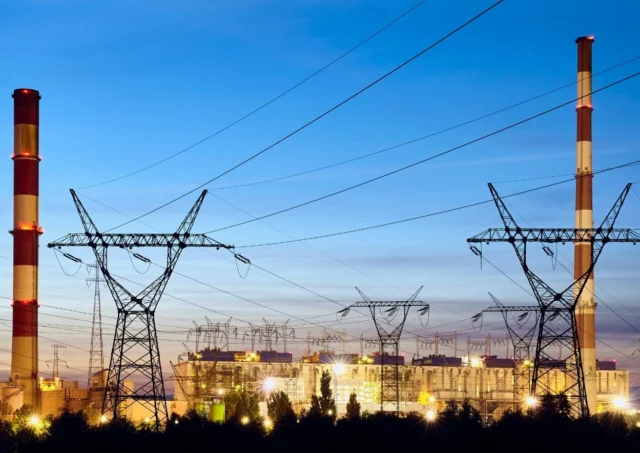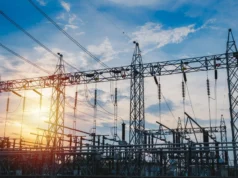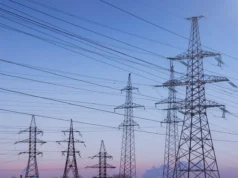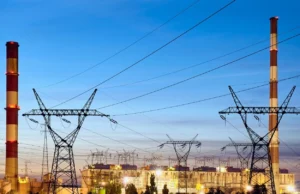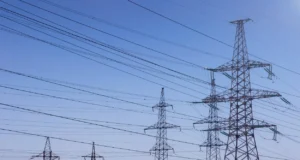The reason Property Type is changing the Equation
The decision of the best electricity provider Singapore is not a uniform choice. The consumption of electricity in a household in an HDB flat is not the same as that which occurs in a condominium or a landed property. Square meters, number of appliances, aircon usage–all these change the digits. What appears to be an excellent idea in the form of a four-room HDB can become a wallet-burner in the semi-detached house. Understanding how the type of property influences the utility costs will make you smarter in judgement.

HDB Flats: Efficiency in Smaller Spaces
The HDB flats are built in a compact manner. The majority of the population dwells in 3-5 rooms, meaning that there are fewer aircon systems, smaller kitchens, and shorter lighting-filled corridors. In a way, that automatically reduces the consumption of electricity as compared to sprawling houses.
What Matters for HDB Owners
Fixed vs. Discounted Tariff: Discounted-off-tariff programs can frequently be more cost-effective to an average HDB household. The usage is not extreme, market changes are not biting.
Number of Appliances: Since most of the kitchens are small with fewer rooms the only culprits that drive the bills are aircon and fridge. Choose energy-efficient models and you have half solved the issue.
Habit Hacks: Dry Cleaning clothes rather than washing them in the dryer, or preparing large amounts of meals, will have visible savings.
Private Property: Bigger Homes, Bigger Bills
Enter a penthouse, landed or condominium and the utility profile is transformed. Increased rooms mean increased air conditioners. Larger fridges, more bathrooms with heaters, maybe even a pool pump or garden lighting. The bill suddenly doubles or triples as compared to HDB households.
What Matters for Private Owners
When Bills go High – Fixed Plans are Best: Stability reigns supreme in this scenario. A fixed plan fixes the costs and makes monthly budgeting predictable.
Appliance Overload: With each extra device, wine chillers, dishwashers, extra freezers, etc., a point is added to the list. When selecting energy efficient appliances on this scale, the savings is exponential.
Usage during the day: Until now, there are a lot of stay-at-home helpers or retirees in many households, so there are spikes in consumption during the daytime. Day-rate plans are designed to keep bills in check.
Size and Usage Patterns Drive Decisions
A working couple, or an HDB family of two adults, with long working hours can hardly make a punch on their monthly bill. A single-family of five, whose children are learning at home and whose media devices are plugged in, consumes electricity 24/7. What is a good plan to one becomes the wrong plan to the other.
Quick Comparison
HDB: Moderate, is appropriate to flexible or discounted tariff.
Personal: Intensive, regular use, do not need anything but a fixed-rate plan to rest.
Renovation and Move-In Costs
Whether HDB or private, renovation eats electricity. Contractors require electricity to power drills, saws and lights. Before beginning to renovate, it is better to sign with a provider to prevent increased default tariffs. Among the owners of the private property, the duration of the renovation process implies a greater temporary occupation. This consideration saves ugly bill surprises.
Pro Tip
Get your electricity bill open early. Never allow contractors to run on temporary supply–they never make good rates.
Tenants and Investment Properties
Others sell HDB to owners of private unit where the owners usually rent out rooms. Who pays the bill matters.
HDB tenants: Tenants usually pay in the same proportion and, as such, landlords are not worried about precise utilization. Nevertheless, leading tenants to effective strategies creates goodwill.
Private tenancies: Utilities are commonly part of full-unit leases. Then, fixed-rate plans would protect the profits of the landlords against fluctuations in the market.
A Cautionary Story
A condo unit rent included utilities that were bundled by the landlord. The tenants turned on the aircon throughout the day. His bills jumped and consumed his rental income on a variable tariff scheme. His margins would have been safeguarded by a fixed-rate plan.
It is Not Difficult to Compare Providers
A lot of individuals remain with the default provider by default. That is paying retail in the store without scouting the sale rack. A number of online sites provide all the plans available on a single web site. Take half an hour, compare, and pick. HDB households could save between $10 and 20 a month. Homesteads would save between 50 and 100 dollars. Divide that by a two-year contract and the result is a holiday or a new appliance.
Questions to Ask Yourself
The number of aircon units that operate per day?
Do people spend the day at home or do they spend a majority of their time in the night?
Am I comfortable taking some price volatility or am I conservative?
Do I desire to recontract annually, or do I desire set-and-forget?
Practices That Pay off Miniature
Regardless of the type of property, it is the habits that make or break the utility costs.
Turn off heaters after use.
Install LED bulbs-They save over 50 percent of the lighting expense.
Unplug chargers and idle electronics. Vampire power is real.
Use aircon only a few hours a night, then change to fans.
Everyday Analogy
Imagine the savings of electricity as dripping water in a jar. The drops are small, but allow time and the jar is filled. Same with monthly bills, cut a few and several years later the savings stack shocks you.
Long-Term View
The cost of electricity can never be glamorous, but it can be controlled. Property taxes and mortgage rates are impossible to control, but an individual can choose the provider to sign and the way he uses his appliances. That puts utilities among the small number of levers that homeowners can draw directly.
The decision to select the best electricity provider Singapore is not a check in a box but an understated strategy. In the case of HDB households it is a matter of waste reduction. With private owners, it is about protection against runaway bills. In any case, wiser decisions now will help you keep the lights on tomorrow without costing you a dime.

